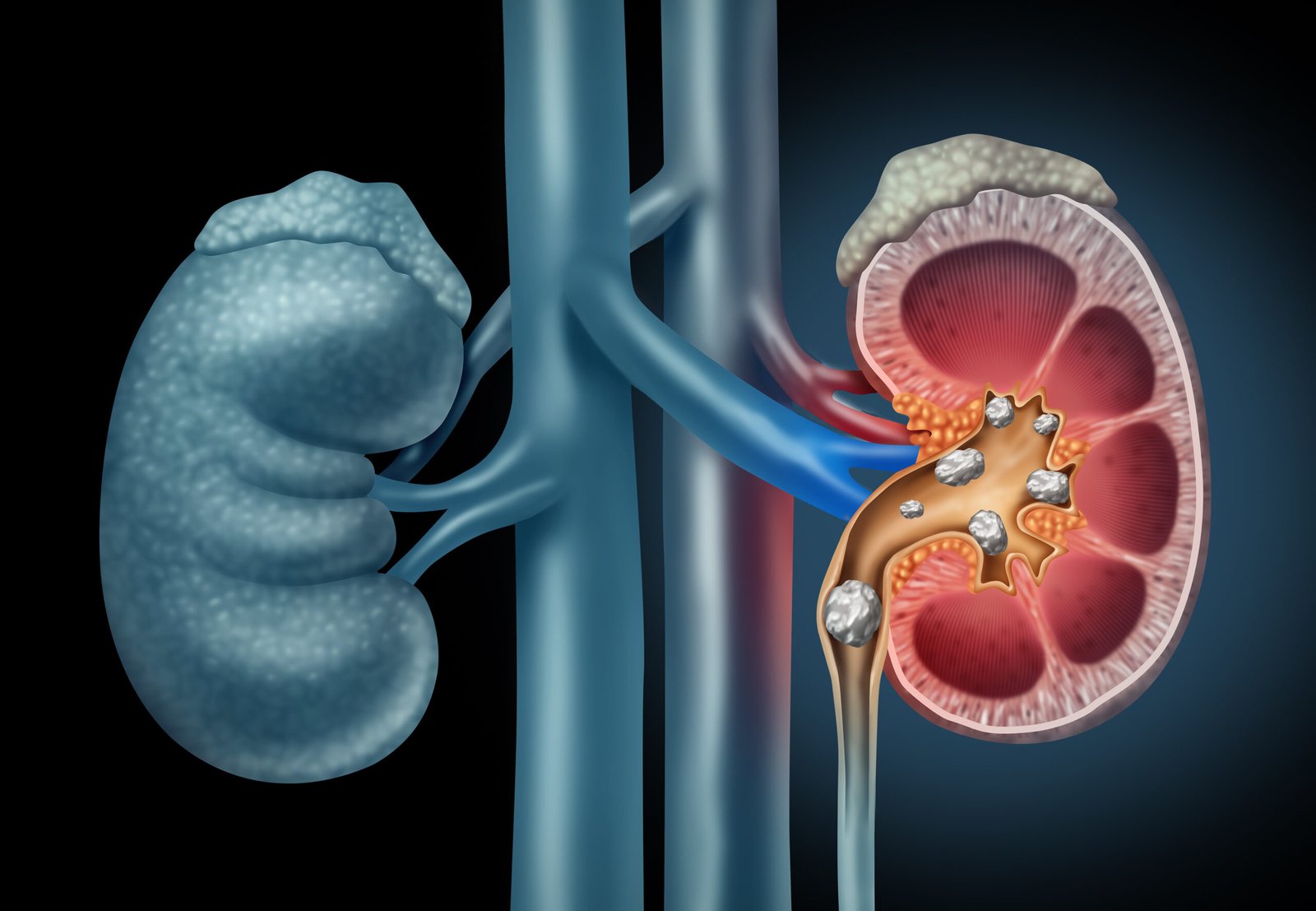Introduction
When it comes to living our best lives, health and fitness are at the forefront. Not only do they impact our physical appearance, but they also play a crucial role in our overall well-being. In this article, we’ll dive deep into the world of health and fitness, exploring definitions, benefits, key components, and much more. Whether you’re a fitness novice or a seasoned athlete, there’s something here for everyone.
Understanding Health and Fitness
Definition of Health
Physical Health
Physical health refers to the proper functioning of the body. It involves maintaining a balanced diet, engaging in regular physical activity, and getting sufficient rest. Physical health is about preventing diseases and managing existing conditions through healthy lifestyle choices.
Mental Health
Mental health is just as important as physical health. It encompasses our emotional, psychological, and social well-being. Emotional wellness influences our thought process, feel, and act, affecting how we handle pressure, connect with others, and simply decide.
Definition of Fitness
Physical Fitness
Actual wellness is the capacity to perform day to day exercises with ideal execution, perseverance, and strength. It involves cardiovascular endurance, muscle strength, flexibility, and body composition.
Mental Fitness
Mental fitness is about keeping your brain and emotional health in good shape. It includes maintaining a positive mindset, managing stress effectively, and staying mentally active through continuous learning and problem-solving.
Benefits of Maintaining Health and Fitness
Physical Benefits
Weight Management
One of the most apparent benefits of staying fit is weight management. Regular exercise helps you burn calories, while a balanced diet ensures you’re getting the necessary nutrients without excess fat.
Disease Prevention
Maintaining good health and fitness can help prevent various diseases, including heart disease, diabetes, and certain cancers. Regular physical activity strengthens your heart, reduces blood pressure, and improves cholesterol levels.
Mental Benefits
Stress Reduction
Practice is a strong pressure minimizer. Actual work expands the creation of endorphins, which are regular temperament lifters. It also helps reduce levels of the body’s stress hormones, such as adrenaline and cortisol.
Improved Mood
Engaging in regular physical activity can also improve your mood and overall sense of well-being. It can combat anxiety and depression, leading to a happier, more fulfilling life.
Maintaining good health and fitness is essential for overall well-being.
Key Components of Health and Fitness
Balanced Diet
Macronutrients
Macronutrients are supplements that your body needs in huge sums. They include carbohydrates, proteins, and fats, which provide energy and are essential for growth and repair.
Micronutrients
Micronutrients, such as vitamins and minerals, are crucial for overall health. They play significant roles in disease prevention and wellness, although they are required in smaller quantities than macronutrients.
Regular Exercise
Cardio Exercises
Cardio exercises, like running, swimming, and cycling, improve heart health and increase stamina. They help burn calories and are essential for weight management.
Strength Training
Strength training, such as lifting weights or using resistance bands, builds muscle mass, boosts metabolism, and strengthens bones.
Sufficient Sleep
Sleep Cycles
Understanding sleep cycles is crucial for overall health. A complete sleep cycle includes several stages, including light sleep, deep sleep, and REM sleep. Each stage is important for different aspects of physical and mental restoration.
Tips for Better Sleep
To improve sleep quality, establish a regular sleep schedule, create a restful environment, and avoid stimulants like caffeine before bedtime.
Creating a Health and Fitness Plan
Setting Realistic Goals
Set achievable and specific goals to stay motivated. Whether it’s losing weight, building muscle, or improving stamina, having clear objectives will keep you on track.
Developing a Routine
Workout Schedule
Design a workout schedule that fits your lifestyle. Consistency is key, so plan workouts that are manageable and enjoyable to ensure you stick with them.
Meal Planning
Meal planning helps you maintain a balanced diet. Prepare meals ahead of time to avoid unhealthy food choices and ensure you’re getting the right nutrients.
Common Challenges and How to Overcome Them
Lack of Motivation
Remaining propelled can challenge. Find activities you enjoy, set small milestones, and reward yourself for achieving them. Surround yourself with supportive people who encourage your fitness journey.
Time Management
Balancing fitness with a busy schedule requires good time management. Prioritize your health by setting aside specific times for exercise and meal preparation, treating them as non-negotiable appointments.
Dealing with Setbacks
Setbacks are a natural part of any fitness journey. When they occur, focus on getting back on track rather than dwelling on the slip-up. Recollect that progress isn’t direct all the time.
The Role of Mental Health in Fitness
Mind-Body Connection
The psyche-body association is strong. Practices like yoga and tai chi emphasize this connection, improving both mental and physical health.
Mindfulness and Meditation
Incorporating mindfulness and meditation into your routine can reduce stress and enhance mental clarity, supporting overall fitness goals.
Importance of Hydration
How Much Water Do You Need?
The amount of water you need can vary, but a general guideline is to drink at least eight 8-ounce glasses a day. Factors like activity level, climate, and individual needs can affect this requirement.
Benefits of Staying Hydrated
Staying hydrated helps maintain body temperature, lubricate joints, and transport nutrients. It’s essential for overall health and can enhance physical performance.
Tracking Your Progress
Importance of Progress Tracking
Tracking your progress helps you stay motivated and make informed adjustments to your fitness plan. It provides tangible evidence of your hard work and achievements.
Tools and Apps
Numerous tools and apps are available to help track your fitness journey. From wearable devices to smartphone apps, these tools can monitor various metrics like steps taken, calories burned, and sleep quality.
Staying Consistent
Building Habits
Consistency is key to long-term success.






